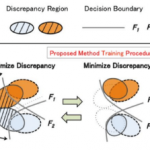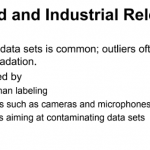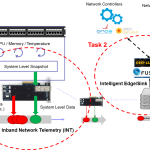Current synthetic aperture radar (SAR) image recognition systems suffer from significant degradation when the systems are trained with synthetic images but tested with real measured images. To address this issue, the project is aimed at developing a quasi-supervised-learning approach for SAR image recognition. The key idea is transfer learning with quasi-supervised training procedures.
F9-V Quasi-Supervised-Learning for SAR Image Recognition


